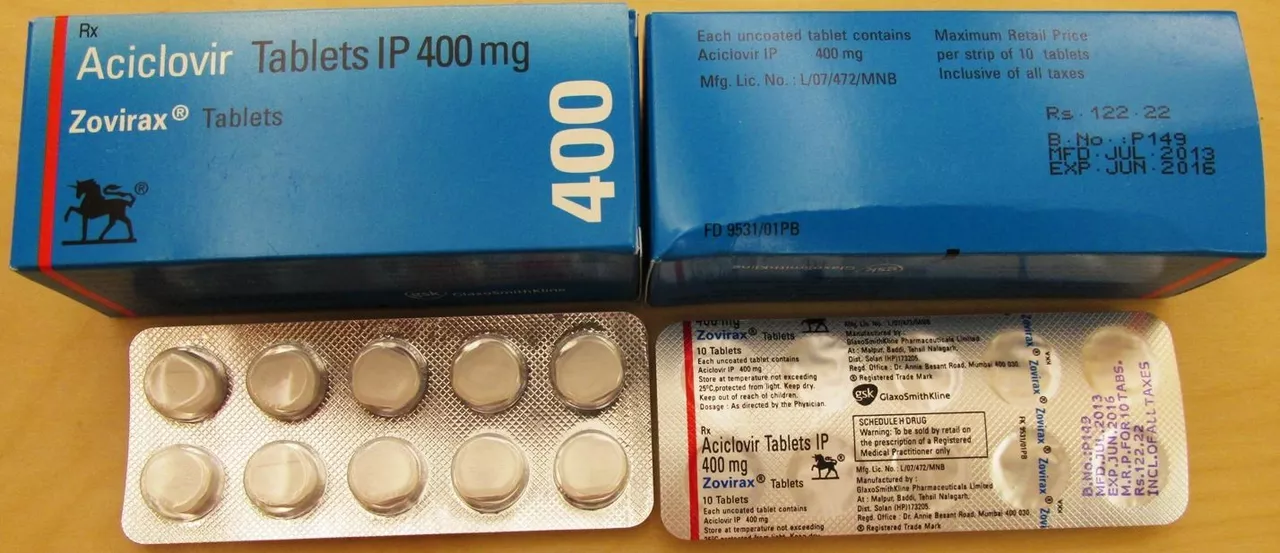Acyclovir — what it is and when you need it
Acyclovir is an antiviral medicine used mainly for herpes viruses: cold sores (HSV-1), genital herpes (HSV-2), and shingles (varicella-zoster). It won’t cure these infections, but it can shorten outbreaks, ease symptoms, and lower the chance of spreading the virus when taken the right way.
How people take acyclovir
You’ll see acyclovir as a pill, a topical cream, or in hospitals as an IV. Doctors pick the form and dose based on the infection and how severe it is. For example, short courses of oral acyclovir reduce the length of a cold sore outbreak. For shingles or severe genital outbreaks, doctors often prescribe higher doses for several days. Always follow your prescriber — dosing varies by age, kidney function, and other drugs you take.
Practical tips when using acyclovir: take pills with a full glass of water, keep hydrated, and start treatment as soon as symptoms begin (early treatment works best). Don’t stop a prescribed course early even if you feel better, and don’t share your medication.
Side effects and safety tips
Most people only get mild effects like nausea, headache, or a bit of dizziness. Less commonly, acyclovir can affect the kidneys, especially if you’re dehydrated, elderly, or taking other kidney-stressing drugs. If you notice much less urine, swelling, severe confusion, or a rash that spreads, contact a doctor right away.
Interactions to watch for: probenecid can raise acyclovir levels, and combining acyclovir with other nephrotoxic drugs (certain antibiotics or immunosuppressants) increases kidney risk. If you have kidney disease, your doctor will adjust the dose.
Pregnancy and breastfeeding: many guidelines say acyclovir is an option if needed during pregnancy, but that decision should be made with your provider. Same goes for breastfeeding — ask your clinician.
Acyclovir is prescription-only. Be cautious buying meds online: use licensed pharmacies that require a prescription and have clear contact info. If you’re curious about online options for herpes meds, check our Valtrex guide for more on safe online prescriptions and how valacyclovir compares.
Quick checklist before you start acyclovir: tell your doctor about kidney problems, other medicines, allergies, and if you’re pregnant or breastfeeding. Keep the medication in a cool, dry place and away from kids. If symptoms don’t improve in a few days or they worsen, get medical advice — sometimes a different approach is needed.
If you want help understanding a prescription or comparing acyclovir to alternatives, reach out to your pharmacist or clinician. Small changes — starting early, staying hydrated, and following the dose — usually make the biggest difference.

Acyclovir: A Comprehensive Guide to its Uses and Benefits
Acyclovir is an antiviral medication that I found to be incredibly helpful in treating a variety of viral infections, such as herpes, chickenpox, and shingles. Its main benefit lies in its ability to slow down the growth and spread of these viruses, allowing my immune system to fight off the infection more effectively. I've also discovered that using Acyclovir can help reduce the severity and duration of outbreaks, making it a valuable tool in managing recurrent infections. Additionally, it can be taken as a preventive measure for those who experience frequent outbreaks. Overall, Acyclovir has significantly improved my quality of life by providing effective treatment and management of viral infections.
read more




